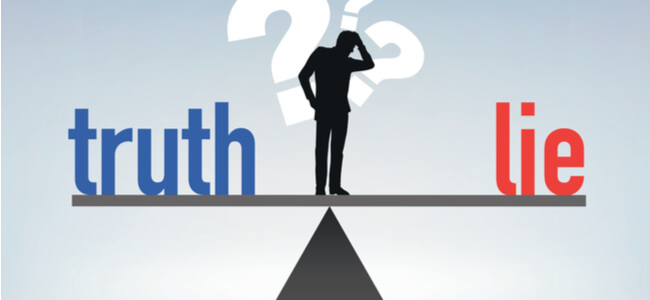Leaked Memo Warns Military Personnel Against DIY DNA Tests.

According to a freshly leaked internal memo, the US military has recently advised its staff that DIY gene testing kits could pose a serious security threat – despite the fact that over 26 million of us have taken an at-home ancestry test.
In a document that came straight from the Pentagon, the military reveals that the collection of such information is of particular concern, and that it believes army personnel in particular have been targeted with sign-up offers and discounts in the last few months.
A serious security threat
In recent years, many people have found themselves fascinated by the prospect of uncovering their long-ago lineage and history.
Where once this was nigh-on impossible for ordinary folk, with only those individuals who had the most august ancestry able to discover more about their historical background, this all changed with the advent of companies that offered at-home DNA testing.
These businesses include many well-known names, from 23andMe to Living DNA and Ancestry, yet despite the popularity of these companies, the US military has now warned its staff against placing their trust in them.
Citing the dangers of sending off their DNA in order to get a more in-depth understanding of their genetic profile and background, they claim that this information could be used for a number of nefarious purposes – to the detriment of American security.
Warning military personnel against using such DIY DNA testing kits, the leaked internal memo not only cautions against placing trust in these companies, but suggests that much of the information provided could be just as easily gleaned by looking in the mirror, such as a person’s hair and eye color.






